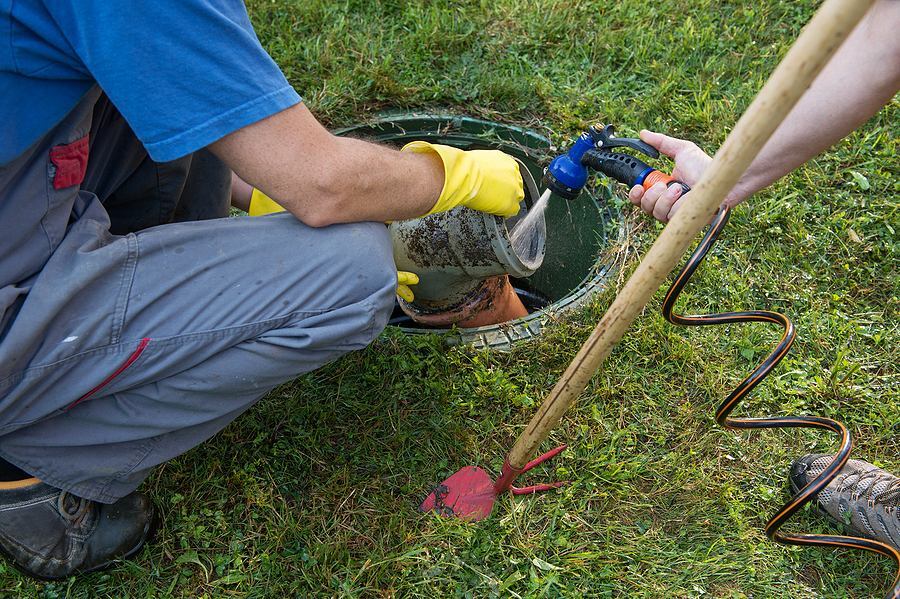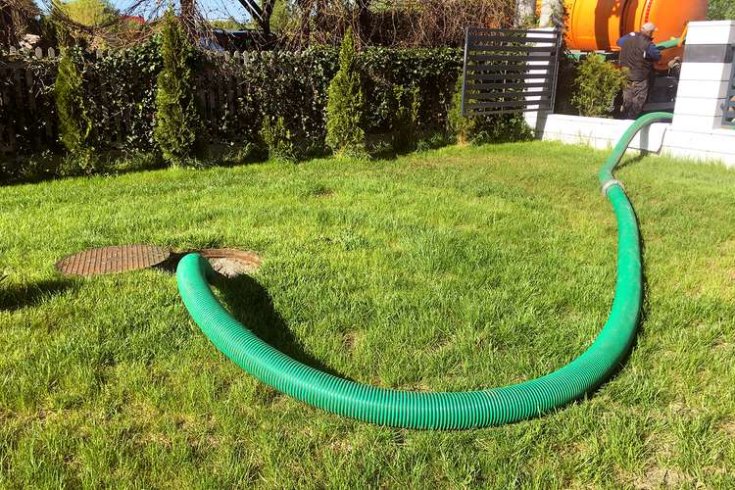
14
Septic systems play a crucial role in managing household wastewater, serving as a self-contained sewage treatment system for properties not connected to municipal sewer lines. While proper maintenance is essential for the longevity and functionality of septic systems, homeowners often consider using septic additives as a supplement to enhance system performance. However, the question remains: Should you put septic additives in your system?
Septic additives are chemical or biological products marketed as supplements to septic systems. These additives claim to improve microbial activity, break down organic matter, reduce odors, and prevent clogs and backups. Common types of septic additives include enzymes, bacteria cultures, and chemical cleaners.
The decision to use septic additives should be made with careful consideration of the potential benefits, drawbacks, and risks involved. While certain additives may claim to improve septic system performance, their efficacy is uncertain, and misuse can lead to system complications. Ultimately, proper maintenance, regular septic tank pumping, and environmentally responsible practices are the best strategies for ensuring the longevity and functionality of your septic system. Consulting with professionals at Charlotte Septic Pros can provide valuable guidance and expertise in maintaining a healthy and efficient septic system without the need for additives.

28
Why Is Sewage Backing Up into My Tub? When wastewater starts rising into your bathtub, it’s more than just unpleasant—it’s…
Read more
22
Can Bacteria Additives Eliminate the Need for Pumping? If you own a home with a septic system, you’ve probably seen…
Read more
12
A single slow drain in your home can feel like a minor inconvenience. Maybe the sink takes a little longer…
Read more
05
Are Slow Drains a Septic Issue or Just a Clog? Slow drains are one of those household problems that start…
Read more
02
What Septic Service Techs See That Homeowners Miss Most homeowners only think about their septic system when something goes wrong.…
Read more
21
Simple Habits That Protect Your Septic System A well-functioning septic system does its job quietly, but the moment something goes…
Read more
14
Pump Now or Pay Later: The Real Cost of Skipping Maintenance A properly functioning septic system is easy to forget…
Read more
11
Why Your Septic System Always Acts Up at the Worst Time Homeowners often feel that septic problems strike at the…
Read more
04
Early Warning Signs Your Septic Tank Needs Pumping For homeowners who rely on a septic system, routine maintenance is not…
Read more
29
Why Does My Septic System Smell Fine One Day and Terrible the Next? If you own a home with a…
Read more